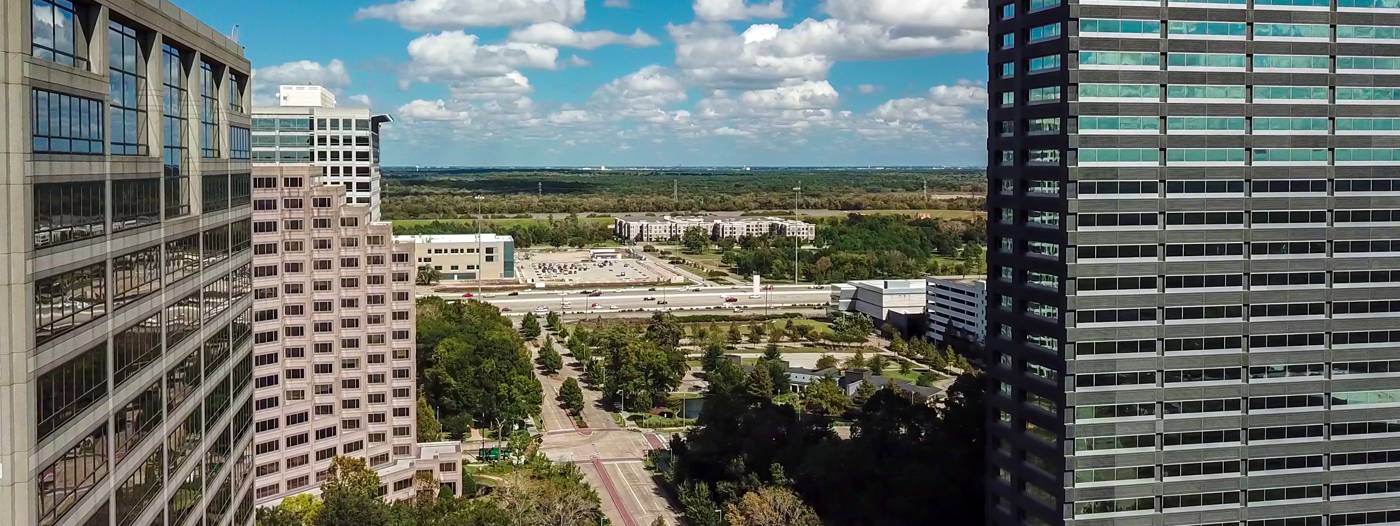Officials: Fort Bend Parkway Toll Road extension to spur county's westward growth

2 May 2024
By: Kelly Schaffler - Community Impact
Transportation officials and developers are strategizing for Fort Bend County’s westward build-out, with mobility and infrastructure investments on the horizon.
In a nutshell
Fort Bend County Judge KP George discussed the county’s growth at the Fort Bend Chamber of Commerce’s State of the County event April 30. George moderated a brief panel about how to balance quality of life and growth with County Engineer Stacy Slawinski; Danny Signorelli, The Signorelli Co. president and CEO; and Chuck Wemple, executive director of the Houston-Galveston Area Council.
The project
The future extension of the Fort Bend Parkway Toll Road will impact potential public and private development in the western portion of the county, officials said.
The Fort Bend Parkway Toll Road ends at Sienna Ranch Road near Missouri City, but the Fort Bend County Toll Road Authority will complete an alignment study by December to plan out future segments to Hwy. 36, FBCTRA officials have said.
The next segment will take the road from Sienna Ranch Road to the levee east of the Brazos River, according to the FBCTRA website.
Zooming out
Mobility is a “tremendous economic driver” of growth, Signorelli said, pointing to his development company’s Austin Point community located along FM 762 and south of I-69. The 4,700-acre master-planned community broke ground in September and will have 50,000 residents upon build-out, Community Impact reported.
The Brazos River can be a barrier for Fort Bend County’s western development, Signorelli said; however, the Fort Bend Parkway Toll Road extension will help spur development in this area, he said.
“Building this bridge, building the Fort Bend Parkway, is so critical in what we saw when we decided almost five years ago to invest in Fort Bend County and create Austin Point,” he said. “What we saw was this investment in mobility will not only open up development for our 5,000 acres, but it opens up about 40,000 to 50,000 acres.”
When that growth comes, Wemple said the H-GAC is available to help the county respond to economic development.
“With that mobility opportunity comes with it, of course, housing, the economic development opportunity, and lots of other opportunities and challenges that the Houston-Galveston Area Council [works] with," he said. "Whether it’s emergency management, whether it’s water supply, broadband access—all that comes with it.”
Chuck Wemple (left) said the H-GAC’s 2025-28 Transportation Improvement Program brings opportunities to the county. (Kelly Schafler/Community Impact)
Chuck Wemple (left) said the H-GAC’s 2025-28 Transportation Improvement Program brings opportunities to the county. (Kelly Schafler/Community Impact)
Zooming in
Wemple said the H-GAC’s 2025-28 Transportation Improvement Plan will also improve mobility countywide, including in the Sugar Land, Missouri City, Katy and Fulshear areas. The TIP is an $18.77 billion plan to allocate millions in federal and state funding for statewide projects over the four-year period.
“There’s opportunity for local needs to intersect with the regional investment priorities, and I think we’re in a really, really good place in those projects,” he said.
What else?
Not only is it important for county officials to create an environment where residents want to live, but Slawinski said it’s important for the county to bring in jobs, because the next generation of residents likely won’t want to commute into Houston for work.
“If we could have development in Fort Bend County not only focus on the residential side but also the commercial and job creation, that would really define quality growth,” he said.
More Topics






